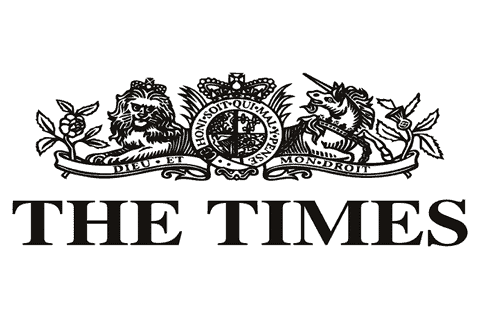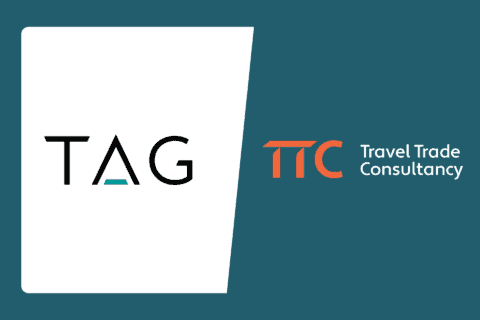At the 2019 Barclays Travel Forum, TTC Director Martin Alcock joined Paul Carter, CEO of Hotelplan and Petar Cetnik, Senior Risk Manager at Barclaycard to discuss how the travel industry was coping with the Brexit delay. The session later featured in The Times newspaper.
Travel companies are offering discounts to secure bookings in a soft market, but according to industry experts, this will have an impact on their profits later in the year.
Martin Alcock said virtually all travel companies had been struggling and thinking of ways to increase sales.
“Businesses representing all of the sectors are publicly very upbeat but privately they are all saying it is really difficult.
“Even the ultra-luxury companies are saying they are flat. We may well see these bookings come back, but at what price?”
These companies are expected to feel the impact of discounting later on in the year according to Alcock, and this is because they are offering discounts and low to zero deposits.
Alcock describes this as a ‘short term sticking plaster’. Zero deposits are expensive to fund and if the customers cancel, this is a big risk for companies.
“That, to me, dips into the sub-prime credit market and that’s a very brave place to be in the current climate,” he said.
Paul Carter said companies had hoped for a ‘ketchup’ effect of bookings coming in quickly after the Brexit delay, but this had not materialised.
“June discounting is around 30-40% in the market,” he said. “I’m more optimistic in July but we’ve still got some way to go in July and August.
“Mainland Europe has struggled. But we’ve made it up in other areas.”
Additionally, Carter said the industry was hoping for poor weather over the summer to encourage people to travel abroad.
“If it’s a hot summer, it will be really difficult for everyone.”
Alcock said another challenge for the industry had been the cost of advertising on Google, following a fall in the number of people using the search engine to look for holidays.
The drop in searches means travel companies are having to pay up to 20% more than last year to attract a similar number of holidaymakers.
Similarly, the travel industry has experienced the law preventing companies from charging a fee to customers who book on credit cards. This used to be a money-spinner for some firms. The change has led to more consumers buying holidays on credit, which in turn has increased the liability for credit card firms in the event of a failure.
Pete Chetnik, said he was unable to comment on individual companies, but pointed out that getting the balance right was challenging.
“It’s important to remember that it’s not our money, it’s the clients’ money.”
You can read more about The 2019 Barclays Travel Forum here.



